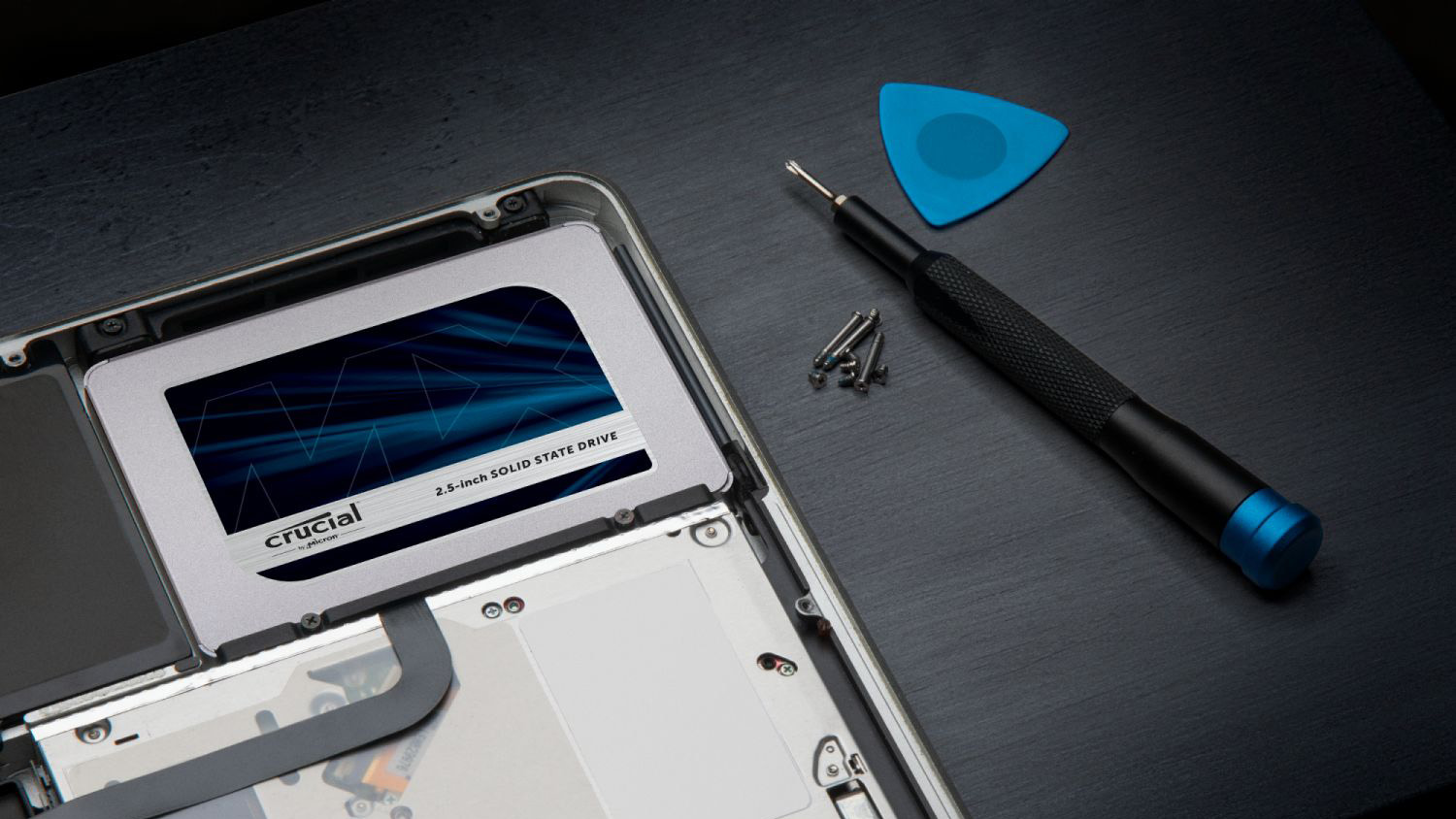Crucial MX500 SSD firmware susceptible to buffer overflow security vulnerability
MX500 SSDs can be exploited through buffer overflow attacks

A security vulnerability has been discovered in Crucial's MX500 SSDs, enabling data leakage that could potentially expose sensitive data. A user on the TechPowerUp forums discovered that the MX500 is vulnerable to buffer overflow, which causes this data leakage to occur.
This security vulnerability is dangerous because an attacker can trigger buffer overflow manually through specially crafted ATA packets from the host to the drive controller, as NIST explains. In technical terms, a buffer overflow is a software error that occurs when a program attempts to write more data to a memory buffer than what the buffer can physically hold. This reaction causes the program to overwrite adjacent memory buffers, erasing and replacing existing data with new data.
As Fortinet explains, extra data added to the adjacent memory buffer can hold malicious code that an attacker who put it there intentionally can exploit. Buffer overflow exploits can enable an attacker to gain full control over the machine and/or program they are attacking.
The vulnerability has been recorded as CVE-2024-42642. Crucial has yet to officially announce this vulnerability in its MX500 SSDs, and no one knows which firmware variants are affected. The most optimal case we can assume is that Crucial is working on a firmware update behind closed doors and will announce it once it's complete.
The Crucial MX500 series is an old SSD lineup that debuted in 2018. The lineup currently comprises 250GB, 500GB, 1TB, 2TB, and 4TB models. The 1TB model can be had for as little as $86, and the 4TB for as little as $269.99. The MX500 series consists entirely of SATA-III 2.5-inch form factor models featuring a maximum sequential read speed of 560MB/s.
Get Tom's Hardware's best news and in-depth reviews, straight to your inbox.

Aaron Klotz is a contributing writer for Tom’s Hardware, covering news related to computer hardware such as CPUs, and graphics cards.
-
-Fran- Oh boy. I have a lot of these lil' babies around.Reply
Good thing I don't run stupid things from the Internet in my PCs.
Regards. -
bit_user Reply
These have been a good workhorse, for me. I've never had one fail, but a guy I know had one or two Crucial SSDs fail within the first 6 months and I think he said the model was MX500.-Fran- said:Oh boy. I have a lot of these lil' babies around.
I have two Crucial SSDs about 10 years old that are still in service. One is in my PS3 and another is in a PC that's used quite regularly.
BTW, If you open them, even the 2 TB model is mostly empty space, inside. -
Amdlova Bx500 tend to fail... MX500 last forever... great driversReply
But is too old for now... Will have lots of breaches...
:S -
bit_user Reply
Low. A normal program can't just send garbage commands to a SSD. An attacker would need to hack a device driver, the kernel, or maybe run something during UEFI that does it.Dementoss said:How great is the likelihood of domestic PCs being attacked in this way?
Not only that, but it sounds like it's only capable of reading data from the drive, not modifying it. However, if you're in a position to send arbitrary commands to the drive, then you can probably also send it commands to do other nefarious things.
As @-Fran- implied, pretty much any attack vector would involve some malware being installed on your PC, as a prerequisite.